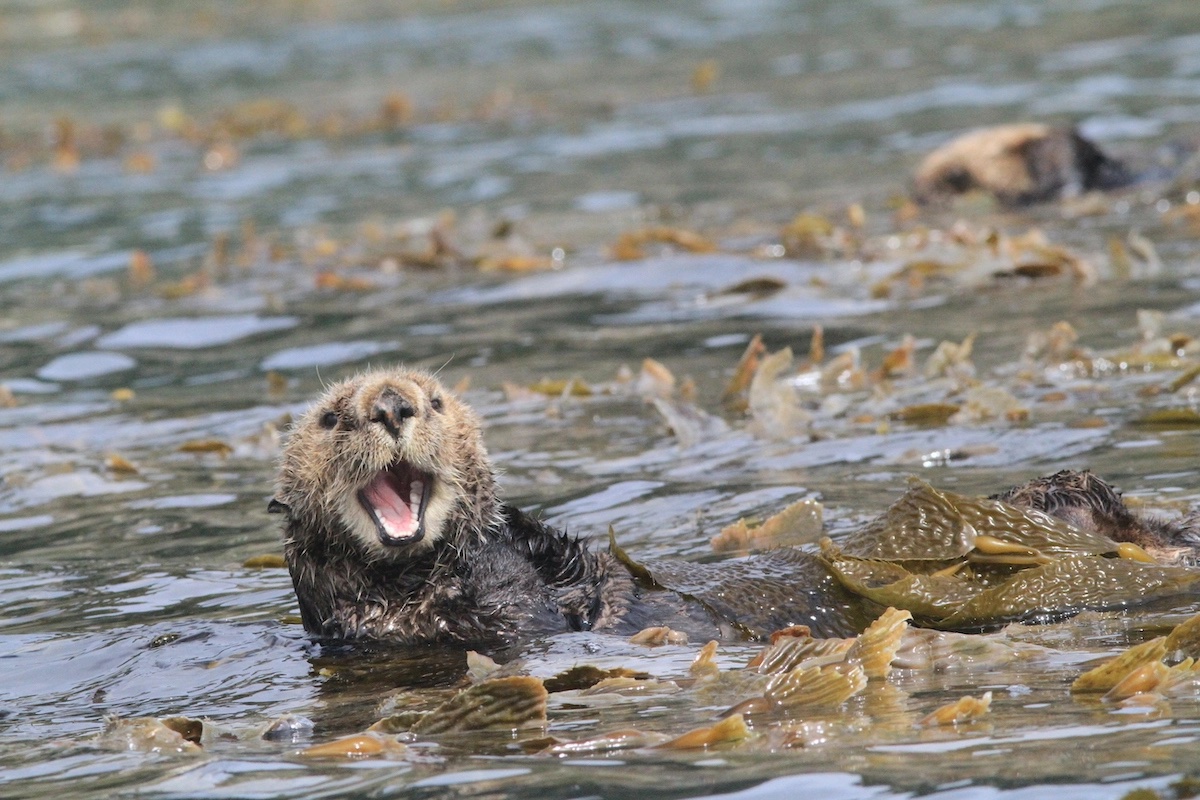Southern sea otters, also called California sea otters, will maintain their status as a threatened species under the Endangered Species Act (ESA), the U.S. Fish and Wildlife Service announced Tuesday.
A petition to delist the otters jeopardized their ESA protections last year, but following a 12-month, in-depth review of the species’ status, the Service found that delisting the otters was not warranted.
It’s good and bad news for environmentalists who expressed concern about the otters’ status in 2022. Nearly 50 years after being listed in 1977, they still face significant threats, and some scientists worried that taking away ESA protections would be “dangerously premature.”
While hunters and fur traders are no longer a threat, as they were in the 1700-1800s, the otters are now at the mercy of climate change, shark-bite mortality, and limited range, according to Steve Henry, field supervisor for Fish and Wildlife in Ventura.
Climate change is the biggest driver of these hazards. Fish and Wildlife says that it is expected to increase otters’ exposure to harmful toxins, increase susceptibility to white shark bites through changing environmental conditions, and decrease prey availability through ocean acidification.
The sea otters themselves help support carbon sequestration by kelp and seagrass, which increases the ecosystem’s resilience to the effects of climate change.
“Based on scientific projections of future conditions for the species, these threats will continue to impact southern sea otter abundance and connectivity between populations in ways that will most likely reduce the ability of the species to sustain itself in the future,” Henry added.
Southern sea otters have come back from the brink of extinction, but today they only occupy 13 percent of their historical range — which once stretched from Oregon to Baja California, Mexico, but is now limited to portions of the central California coast.
In 2021, Fish and Wildlife found it would be biologically feasible and ecologically beneficial to reintroduce sea otters to portions of Northern California and Oregon, but no active proposal has been made due to the need for additional information on how reintroduction would affect stakeholders and local communities.




